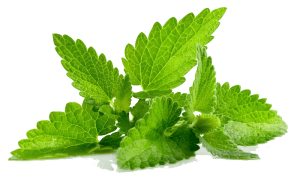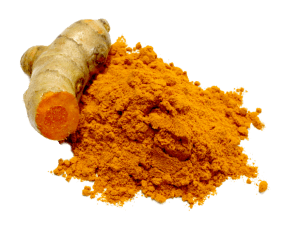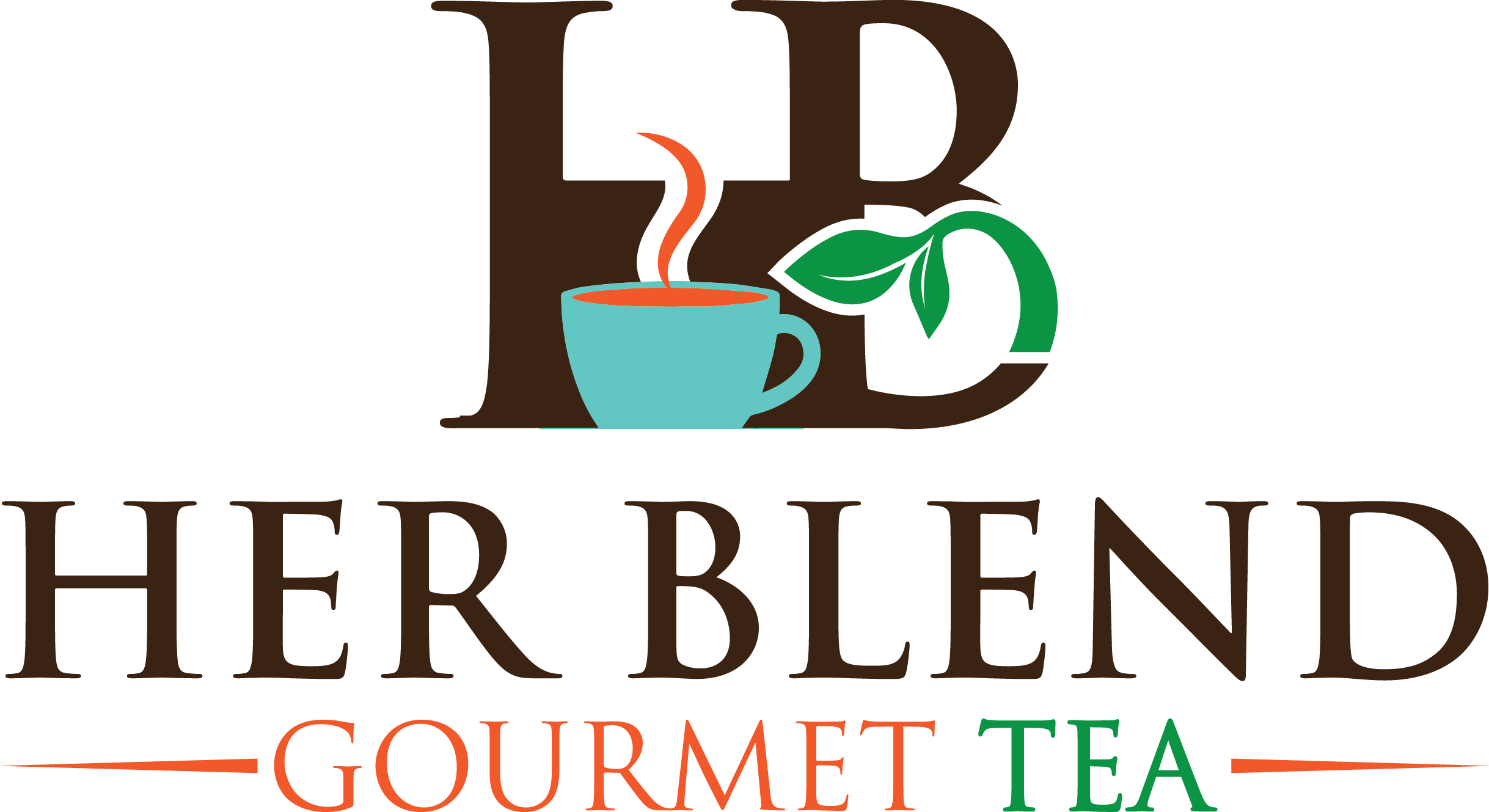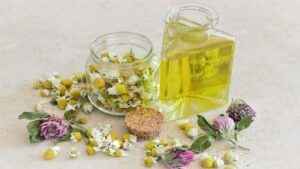Have you ever wanted to sit down with a warm beverage on a cold winter’s night but you’re trying to cut back on caffeine? Maybe you wanted to lull yourself to sleep with a relaxing cup of tea but didn’t want to risk staying up all night. If you’re looking to expand your palate beyond true teas, give herbal teas or tisane teas a try!
Though often sold in the tea aisle, herbal teas (or tisanes) are not considered true teas (which come from the Camellia sinensis plant). Herbal teas come from any other plant but are prepared the same way as a true tea with the infusion of dried leaves in hot water. Unlike true teas, herbal teas, in general, do not contain caffeine (though there are a few exceptions), making them a caffeine-free alternative to true tea. They come in many flavors and can appeal to a wide range of tastes. Here are some of the most common herbal teas available on the market.
Chamomile
Coming from the Asteraceae family (making it a relative of the daisy), Chamomile is a popular caffeine-free alternative to true tea. While some enjoy it for its earthy and sweet flavor, many drink chamomile as a home remedy for various ailments. The tea is known for anti-inflammatory qualities, soothing both the body and mind.
In today’s stressful world, many turn to a cup of chamomile tea before bed to relieve sleeplessness, anxiety, and insomnia: for this reason, it is often paired with lavender, another herb with similar soothing qualities. Chamomile also has the additional benefit of helping digestive health, soothing a nauseous stomach or heartburn. If you’re feeling general discomfort, try sipping on chamomile.


Peppermint
Though found in many candies and treats, peppermint can also make an excellent tea by itself or combined with gunpowder tea and sweetener (known as in Moroccan Mint Tea) for a unique tea experience. The refreshing herbal tea is a go-to remedy against the common cold and other ailments, having anti-bacterial, anti-viral, and anti-inflammatory properties as well as the ability to soothe an upset stomach, bloating, and indigestion. Additionally, peppermint is a muscle relaxant and can even help with irritable bowel syndrome (IBS), headaches, migraines, and even menstrual cramping. Because of its caffeine-free nature, it also makes a good choice as a tea to take to bed.
An alternative to peppermint tea is spearmint, another herbal tea with similar benefits, but a milder taste. If you’re under the weather, the mint teas are sure to put you back to mint condition.
Lemongrass
Though not from the lemon tree itself, lemongrass has the taste and aroma of lemon in a mild, sweeter form, attracting fans of the citrus fruit and herbal tea enthusiasts alike. With that sweet, lemony taste, lemongrass, like chamomile, can help digestion, providing an alternative to easing nausea, bloating and stomach pains.
Because of its anti-inflammatory qualities, lemongrass can help improve heart health, reducing inflammation in arteries to help blood flow. It can even help boost your metabolism, aiding in weight loss. It excels as a cold remedy, breaking down congestion from the peskiest of colds, as well as containing both Vitamins A and C, giving your immune system a boost. If you want an herbal tea with citrus tones, lemongrass is the herbal tea for you.


Rooibos
Ever wanted the drink something like black tea but don’t need the jolt of caffeine? Maybe it’s late at night or you’ve been hitting the caffeine a lot lately. Give rooibos, an herbal tea from South Africa that can be prepared exactly like a black tea (with milk, honey, lemon, and other additives), a try. While it may taste like black tea, rooibos has similar
antioxidant qualities to green tea,While it can reduce general aches and pains, rooibos can aid in digestion as well as relieve abdominal cramping. It is also high in Vitamin C and other minerals, providing an additional immune system boost. There is even green rooibos, an unoxidized version of classic rooibos, if you prefer something closer in taste to green tea. Rooibos may be the closest thing to drinking a true tea without the caffeine content, so indulge in that afternoon teatime without the jitters! such as being anti-inflammatory.
Turmeric Tea
While usually available in tea blends, turmeric tea can be prepared in a tea by itself and can provide many potential health benefits. Originating from India, turmeric is a powdered spice with an earthy, ginger-like flavor that has been used in traditional Indian and Chinese medicine for thousands of years.
It’s known for being a natural source of the antioxidant curcumin, which has shown to help a variety of conditions such as Osteoarthritis, Diabetes, Heart Disease, and chronic liver damage among others. Additionally, because of its anti-inflammatory, anti-viral, and anti-bacterial properties, turmeric is a great immune system booster, works against neurodegeneration due to aging, and can improve overall health. Gaining popularity in recent years, turmeric tea is the hidden gem of health boosters.
Take turmeric in the form of tea and get relief from the problem of joint pain. Check out our Joint Pain Relief Herbal Tea.


